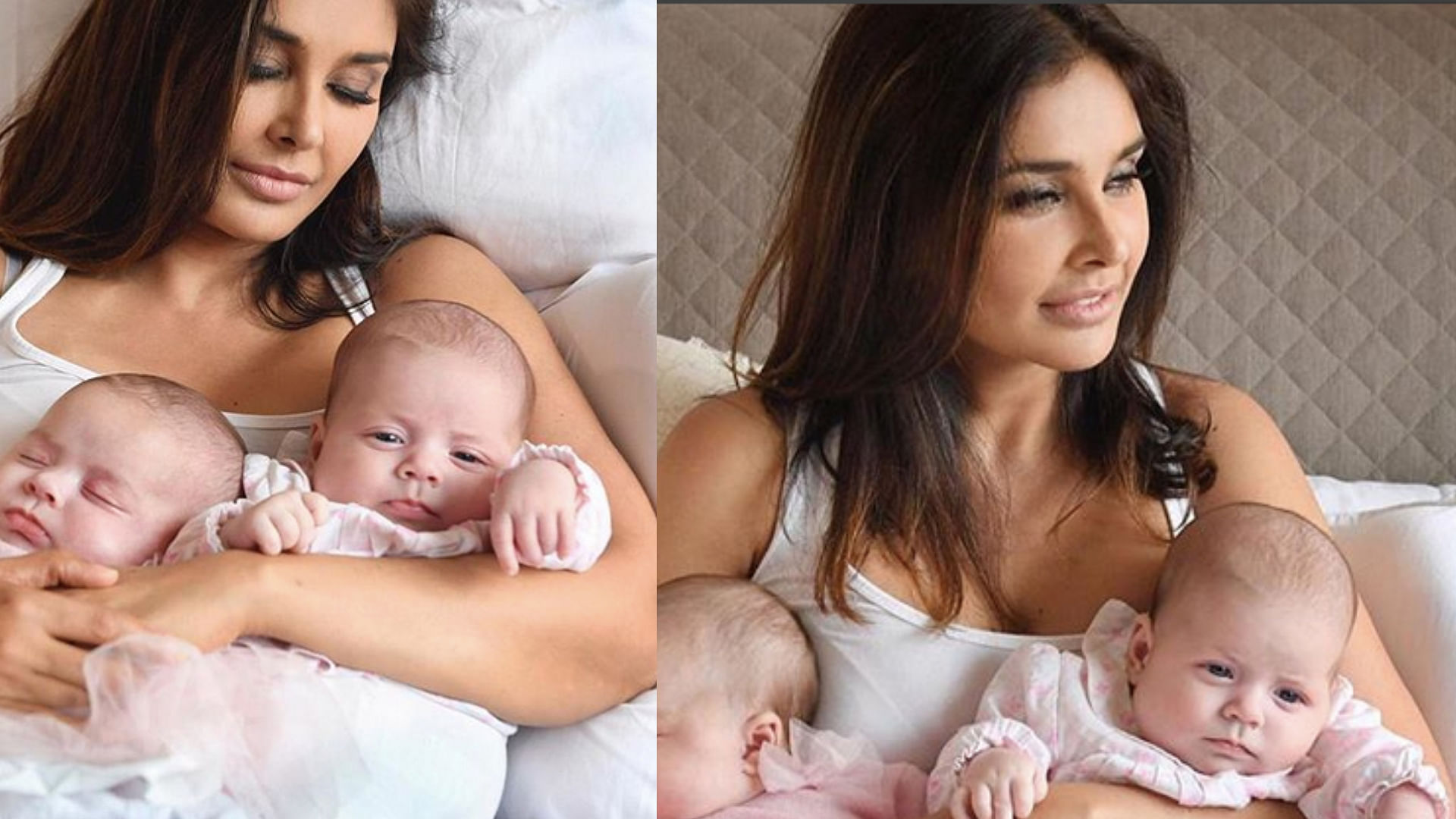Cancer and Fertility: Surrogacy and Other Options For Survivors
Lisa Ray becomes a mom to twins via surrogacy, battled multiple myeloma in 2009

Actor Lisa Ray, a cancer survivor, announced that she had become a mother to twins via surrogacy, on Monday. She wrote in an Instagram post that her husband, Jason Dehni, and her hope that the stigma attached to surrogacy is removed if more people speak openly about the process. Her twins are called Sufi and Soheil.
Lisa was diagnosed with multiple myeloma in 2009. And while she was declared cancer free a year later, the cancer returned in 2012, soon after her wedding.
In an interview with Times of India, Lisa spoke about her cancer diagnosis and how the heavy dose of medication meant she could no longer carry children herself.
The surrogacy took place in Georgia, a country where surrogacy remains ‘legal, transparent and regulated.’ For many cancer patients, radiation and chemotherapy leaves their body infertile. Many are advised to either freeze their eggs, or opt for surrogacy.
Cancer and Fertility in Women
Following a cancer treatment, a woman is asked to wait for sometime before attempting pregnancy, according to Cancer.org. This waiting period can be anything between six months to 2 years.
Cancer treatments like chemotherapy, as well as others, can leave the foetus vulnerable to developmental defects. Waiting for six months can reduce this risk. The 2-year-wait, on the other hand, is to safegaurd the baby against a relapse of the disaease. The risk of a recurrence of cancer is highest in the first two years following the treatment, according to the same report. The period would, of course, vary depending on the type of cancer and its treatment.
In some cases, the treatment can even trigger early menopause. It can be as early as five years to as much as twenty years. Therefore women should discuss all possible options with their doctors, keeping in mind that no option offers 100 percent certainty.
Surrogacy and Cancer Survivors
Commenting specifically on the topic of surrogacy, Dr Bhavna Banga, principal consultant - IVF at Max hospital, New Delhi says:
Dr Mohit Aggarwal, oncologist at Fortis Hospital, New Delhi, agrees that surrogacy indeed is an option “since there might be problems in continuation of pregnancy in the patient.”
However, Dr Banga insists that it’s important to pay close attention to the stage of the cancer and its various complexities. For instance, surrogacy would not be suggested in case of certain breast cancers.
Beyond Surrogacy
What happens in such a scenario? Dr Banga says options other than surrogacy should be looked at.
Some options other than surrogacy that women can look at include oocyte preservation, ovarian transposition for patients undergoing pelvic radiation, donor eggs and minimal hormonal stimulation.
Additionally, both doctors agree that sperm freezing and banking are effective methods of safegaurding fertility in men as well.
How Effective Can Surrogacy be For Cancer Patients?
Dr Banga says the efficacy would be case specific.
However, she adds, it’s important to keep in mind that the procedure is conducted at good fertility clinics with experienced clinicians. If the facility has a dedicated oncology unit, it’s even better.
Dr Aggarwal adds that it’s important to note how viable the patient’s eggs are for the treatment, which would once again be determined by the type and stage of cancer they underwent treatment for.
(At The Quint, we are answerable only to our audience. Play an active role in shaping our journalism by becoming a member. Because the truth is worth it.)